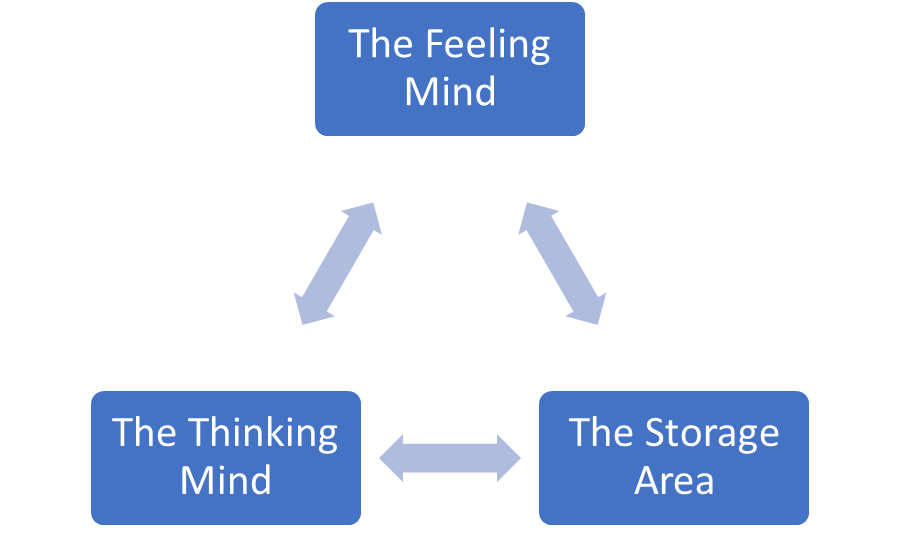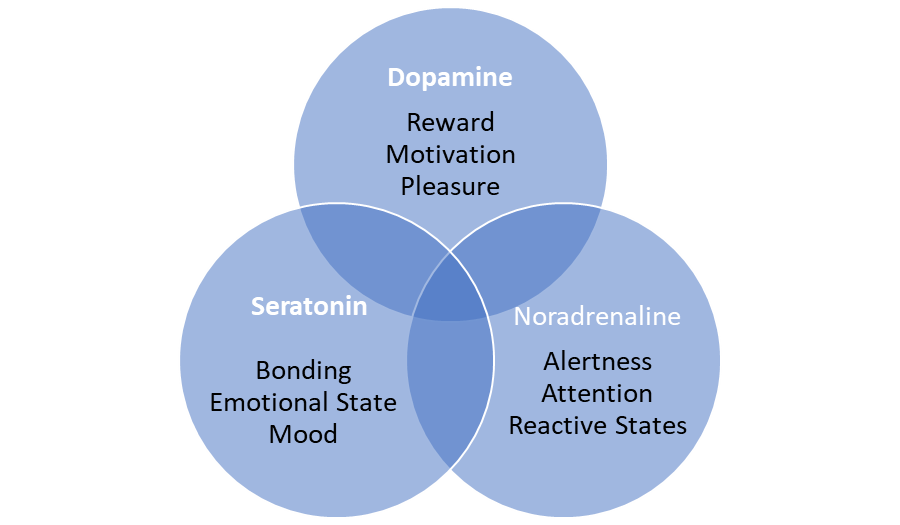I wanted to share a book recommendation that may resonate: The Truth About Burnout. This book takes a deep dive into burnout, a topic that I’ve personally revisited after some challenging experiences over the past 18 months. Having worked in demanding environments for nearly three decades, I’ve had my share of burnout and chronic stress.
Reflecting on my recent experience with a major tech company, I observed a persistent narrative: employees are encouraged to constantly build resilience and “manage” their mental health, while the organization sidesteps responsibility for the environment they’ve created. The effects of such an approach were amplified by the isolation of the COVID-19 era, which heightened anxiety and depression across the board.
Remote work brought its own set of challenges, with blurred boundaries between personal and professional life, reduced social interactions, and limited workplace integration. While opinions on remote work vary, it’s undeniable that organizations have increasingly pushed the responsibility for mental well-being onto employees, rather than addressing structural or environmental contributors to burnout.
Though many companies offer internal mental health programs, these often serve more as a form of corporate self-protection than genuine support. They’re quick to propose solutions like exercise, mindfulness, or meditation, overlooking the complexities of ongoing stress and relentless pressures. These solutions can feel simplistic when genuine peace is hard to find.
Managers, often underprepared, are not always able to recognize or appropriately address signs of burnout. In some cases, they may even overlook these signs in the interest of organizational priorities. The emphasis, unfortunately, is often placed on what is “wrong” with the employee, sidestepping the role that a high-stress environment plays in mental health challenges.
Ultimately, employees may be left feeling that they’re somehow at fault for struggling under these conditions, when in reality, they are facing structures designed to prioritize productivity over well-being. It’s time we acknowledge that burnout isn’t just an individual challenge but a systemic issue—one that organizations must take accountability for if we’re to create healthier, more sustainable workplaces.
Book Summary
Key Themes:
- Definition and Causes of Burnout:
- The authors define burnout through three main symptoms: emotional exhaustion, depersonalization (or cynicism), and a reduced sense of accomplishment. Rather than blaming employees’ personal shortcomings, they argue that mismatches between individuals and their work environments are primarily responsible for these symptoms.
- Six core areas can lead to burnout when misaligned: workload, control, reward, community, fairness, and values. For example, overwhelming workloads, lack of autonomy, or value conflicts can lead to chronic stress.
- Organizational Culture and Management Practices:
- Organizational structures and cultures play a critical role in burnout. Companies that prioritize profit over employee well-being or fail to foster supportive cultures are often breeding grounds for burnout.
- The book suggests that “toxic” workplace practices (e.g., micromanagement, poor communication, and lack of recognition) undermine employees’ motivation and well-being, leading to increased burnout and reduced job performance.
- Impact of Burnout:
- Burnout has consequences not only for employees but also for organizations. Employees experiencing burnout are more likely to disengage, become less productive, and, eventually, leave their jobs. This has economic repercussions for organizations due to increased turnover and decreased productivity.
- Solutions for Individuals and Organizations:
- For Organizations: Leaders and managers should work on aligning the six burnout drivers (workload, control, reward, community, fairness, and values) to create a healthy work environment. This includes policies that encourage work-life balance, provide recognition and rewards, promote fairness, and ensure alignment between employee values and company goals.
- For Individuals: The authors also offer strategies for employees to manage their own burnout risks, such as setting personal boundaries, seeking support networks, and working to foster a sense of purpose and personal alignment with their roles.
- Reimagining the Workplace:
- Maslach and Leiter propose a shift toward a more human-centered organizational approach, where employee well-being is integral to workplace success. They argue for management practices that emphasize collaboration, fairness, and mutual respect, which they suggest are more effective than short-term, profit-driven strategies.
Conclusion:
In The Truth About Burnout, Maslach and Leiter argue that real change requires organizational commitment to employee welfare. Burnout is framed not as an individual issue, but as a predictable consequence of poor organizational practices and cultural misalignments. The book is a call for a rethinking of workplace culture to prevent burnout and promote a sustainable, supportive environment for employees.
By addressing burnout as a systemic issue, the book advocates for broader solutions aimed at transforming the workplace into a more balanced, engaging, and fair space.


















